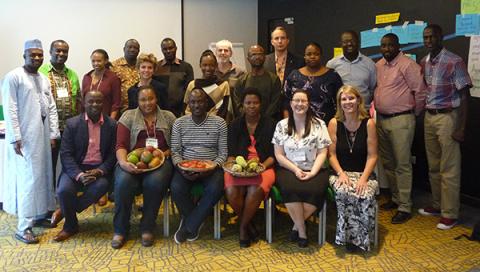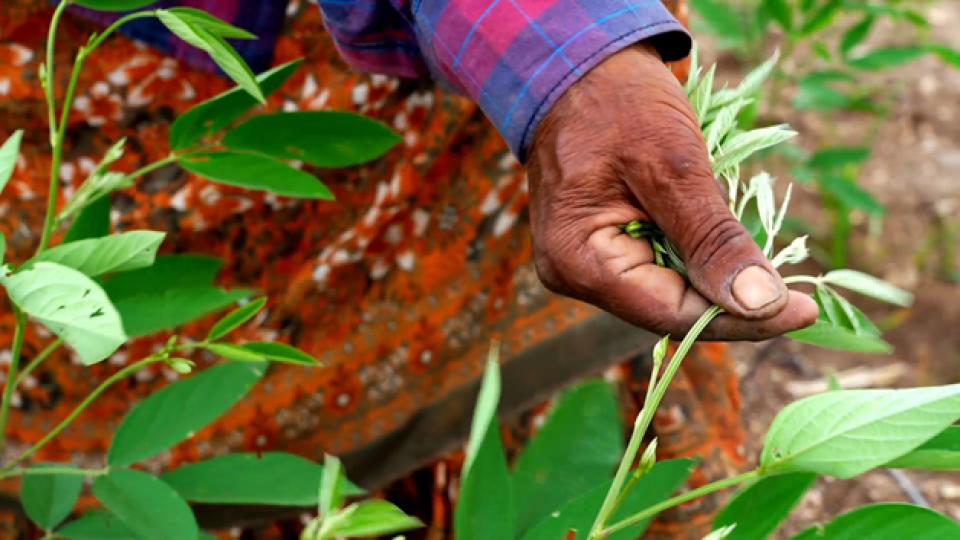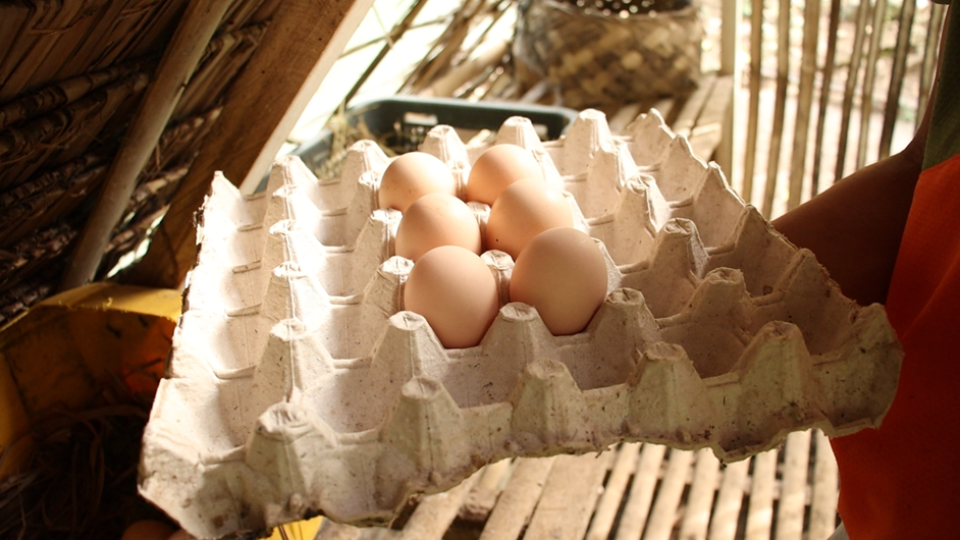
After a planning workshop in Nairobi with The Rockefeller Foundation partners, ground-breaking bridges were built between key communication organisations to tackle the problem of post-harvest losses in Africa.
Farm Radio International, a Canadian-based NGO has a long-standing tradition of strengthening capacities of rural radio stations, working with 700 radio partners across Africa. Since Africa is known for its oral tradition of exchanging information, developments in ICT and media landscapes are increasingly broadening farmers’ opportunities to access information in different formats.
As strength in scaling-up good agricultural practices lies in creating synergies beween media, Farm Radio International has embarked on an innovative partnership with two other leaders in the field of visual communication in support of smallholder farmers, namely Shamba Shape Up and Access Agriculture.
The very popular TV show, Shamba Shape Up, of Mediae company, is a successful “make-over” style reality show that shares technical farming information and entertains at the same time. Watched by millions of people on Citizen TV in Kenya, the programme is now venturing into Uganda and Tanzania.
The international NGO Access Agriculture has pioneered farmer-to-farmer learning across borders by enabling South-South exchange of quality training videos.
The three media partners will join forces to create and test innovations to scale up good post-harvest practices to cut losses in key value chains in half in three countries.
With a national ban on imported tomato paste, the Nigerian Government has set an example of how local agricultural production can be stimulated through conducive policies. But because tomatoes are highly perishable, numerous challenges must be addressed. Staggered planting, proper handling of tomatoes at harvest and using crates rather than raffia baskets, along with locally made, zero-energy cool stores are some of the key issues the media partners will address to spread harvests and extend the shelf-life of tomatoes for domestic markets. This will strengthen and scale up on-going efforts by the implementing partners PYXERA Global and TechnoServe.
In Kenya, TechnoServe has been working for years on improving the mango value chain. Understanding that you shouldn't put all of your eggs in one basket and target export markets only, there has been a growing understanding that local consumers are key to supporting local farmers in the long run. But for consumers to happily eat mangoes, quality has to be addressed. Helping farmers to select the right variety for specific market segments, managing fruit flies and seed weevils, and properly harvesting and handling mangoes will all contribute to a growing domestic demand for healthy, locally-grown fruit.
A pilot project by AGRA in Tanzania may be of interest to many other African countries. Across Africa, maize is a key staple crop, but poor drying and storage practices have led to significant losses due to storage insect pests and rats, as well as moulds. Mould is a silent killer, because it develops aflatoxins, a poison of which few farmers are aware. Mouldy grain given to cattle and poultry just passes the toxin to animals, and will still end up in the bodies of people who consume the milk, meat or eggs.
Access Agriculture, Shamba Shape Up and Farm Radio International have many ideas to build farmers’ knowledge and scale up good agricultural practices for tomato, maize, mango and other crops, so stay tuned!


